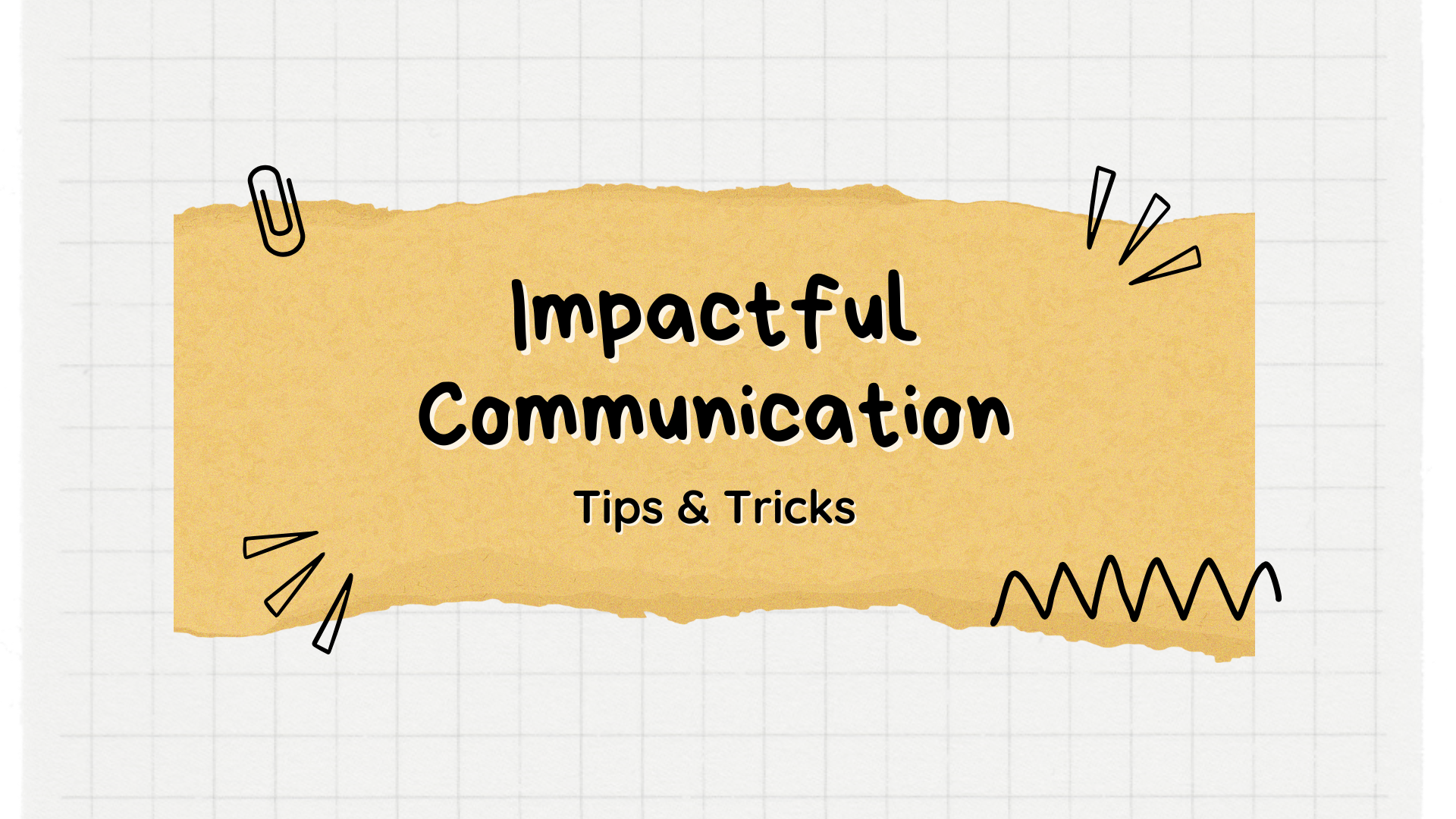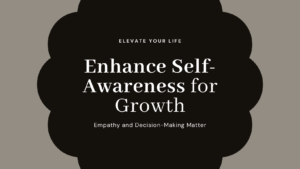“Nothing in life is more important than the ability to communicate effectively.”
– Gerald R. Ford
Do you ever feel like your words get lost in translation? Frustrated that your message doesn’t land the way you intended?
Effective communication is a superpower in every aspect of life, from building strong relationships to achieving career goals. But fear not, communication whizzes aren’t born, they’re made!
Here are some tips and tricks to help you express yourself clearly and confidently:
Become a Listening Ninja:
- Give your full attention: Put away your phone, silence distractions, and focus on the speaker. Make eye contact and nod to show you’re engaged.
- Empathy is key: Try to understand their perspective and emotions. Ask clarifying questions to ensure you haven’t missed anything.
- Don’t interrupt: It’s rude and breaks the flow of conversation. Let them finish their thought before responding.
- Focus on understanding: Pay attention to the speaker’s words, body language, and emotions.
- Ask clarifying questions: Ensure you understand their message before responding.
Speak Clearly and Concisely:
- Organize your thoughts: Before diving in, take a moment to structure your message. What’s your main point?
- Clarity is king: Use concise language and avoid jargon that might confuse your audience. Tailor your vocabulary to their level of understanding.
- Project your voice: Speak confidently and at a moderate pace. Vary your tone to keep things interesting.
Beyond Words:
- Body language speaks volumes: Maintain good posture, smile genuinely, and use natural gestures to emphasize your points.
- Mind your facial expressions: Don’t frown if you’re trying to make a joke! Make sure your expressions align with your words.
- Tone matters: Be aware of the subtle messages your tone conveys. Avoid sounding monotone or overly aggressive.
Express Yourself Authentically:
- Identify your emotions: Recognize and understand your own feelings before communicating them.
- Use “I” statements: Share your perspective without blaming or accusing others.
- Focus on the issue, not the person: When discussing conflicts, avoid personal attacks.
- Practice assertive communication: Express your needs and opinions confidently while respecting others’ rights.
- Embrace your unique voice: Don’t try to be someone you’re not. Authenticity resonates and builds genuine connections.
Sharpen Your Skills:
- Engage in conversations: Talk to friends, family, colleagues, and even strangers to practice your skills.
- Join a debate club or public speaking group: Learn how to structure arguments and handle your nerves in front of an audience.
- Take a communication course or workshop: Invest in structured learning to hone your skills.
- Seek feedback: Ask trusted individuals to provide honest feedback on your communication style.
Additional Tips:
- Read extensively: Expanding your vocabulary and exposure to different writing styles can improve your communication.
- Write regularly: Journaling, creative writing, or blogging can help you articulate your thoughts and feelings.
- Be an active listener: Show genuine interest in others and their perspectives.
- Respectful and courteous interaction: Treat everyone with dignity and respect, regardless of their age or background.
Remember: Communication is a journey, not a destination. Be patient with yourself, celebrate your progress, and have fun honing your skills! With a little effort, you can unlock your voice and express yourself effectively in any situation. Now go forth and conquer the world, one clear and confident conversation at a time!




